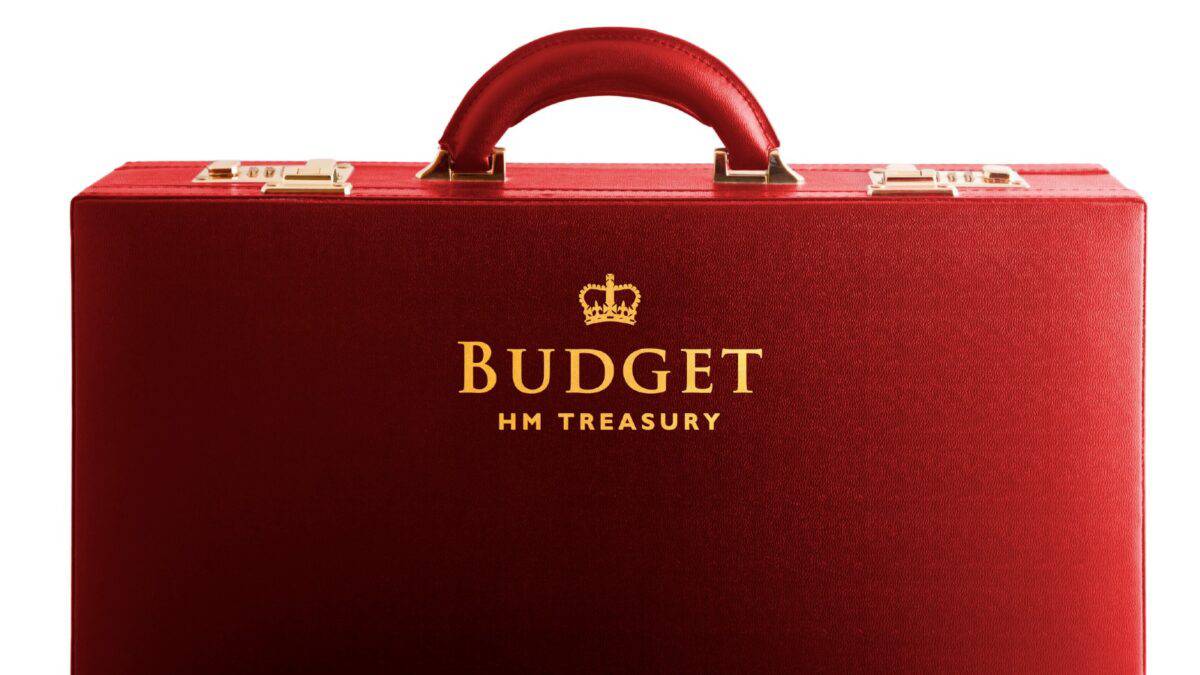Jeremy Hunt is widely expected to unveil a reduction in National Insurance as part of the 2024 budget. And I think that could be good news for a couple of FTSE 100 shares.
The two I have in mind are Lloyds (LSE:LLOY) and NatWest (LSE:NWG). Both have significant exposure to consumer lending and I think the tax break should provide a boost here.
National Insurance
A 2p reduction in National Insurance is expected to save the average UK earner £450 a year. And there are two reasons I think the banks stand to benefit from this.
One is a rather depressing reason. While an extra £450 might boost people’s spending power for discretionary purchases, it also puts them in a better position to service their debts.
The other reason is related – it increases borrowing power. More disposable income makes people better candidates for loans, allowing banks to increase their loan books.
From the perspective of banks like Lloyds and NatWest, both of these are positives. It might not be the intended outcome, but I think it’s going to be an inevitable consequence.
Lending
With no investment banking divisions, both Lloyds and NatWest rely heavily on consumer lending for profits. And higher interest rates allowed them to earn impressive margins.
For Lloyds though, the impact of this was limited to some extent by a reduction in the size of its loan book. This fell from £455bn at the start of the year to £450bn by the end.
The reverse was true of NatWest though. The bank’s loan book actually expanded, driven by significantly higher consumer lending.
But this came at a cost of slightly lower margins. Where Lloyds managed a spread of 2.98%, NatWest had to settle for 2.86%.
In each case though, consumers being in a stronger position should help banks increase their lending. And this is especially important in an environment where interest rates are high.
Default risk
Higher interest rates typically allow banks to maintain higher margins. But that comes at the cost of an increased risk of loan defaults.
At the end of 2023, Lloyds had set aside £4.3bn for loan losses – capital the bank would rather be using to generate profits. And NatWest recorded loan impairments of £2.7bn during the year.
Having more cash should put consumers in a better position when it comes to paying their debts. This should be good both in terms of loan loss provisions and impairments.
Budget winners?
A tax cut that allows people to retain more of their income sounds like something that should boost consumer spending. And it may well do this.
In my view, it’s also good news for the banks. Before people can get stuck into their discretionary spending, they have to meet their financial obligations.
That’s why I think Lloyds and NatWest stand to benefit from a reduction in National Insurance. It might not be the most exciting idea, but it’s what seems likely to me.







